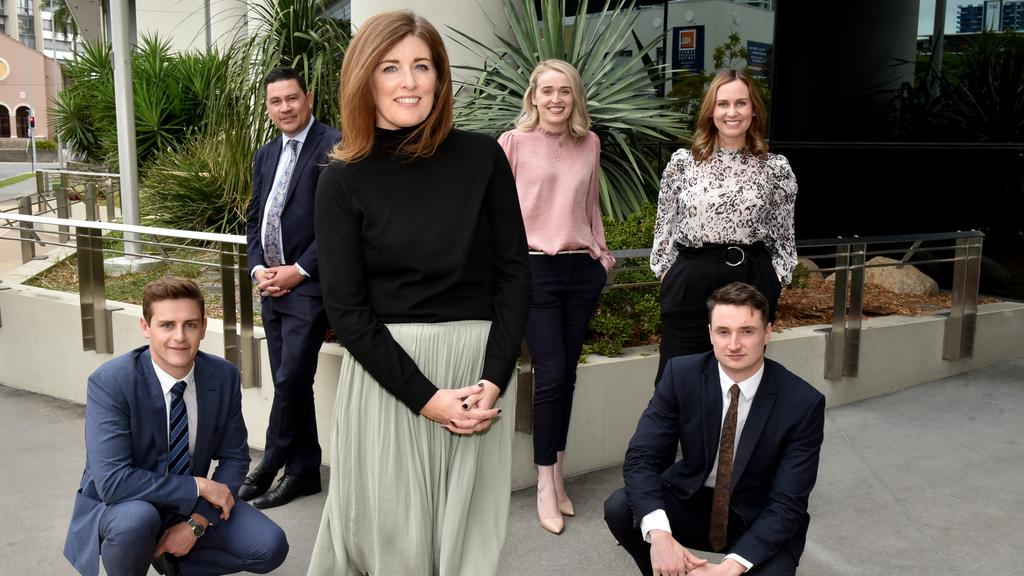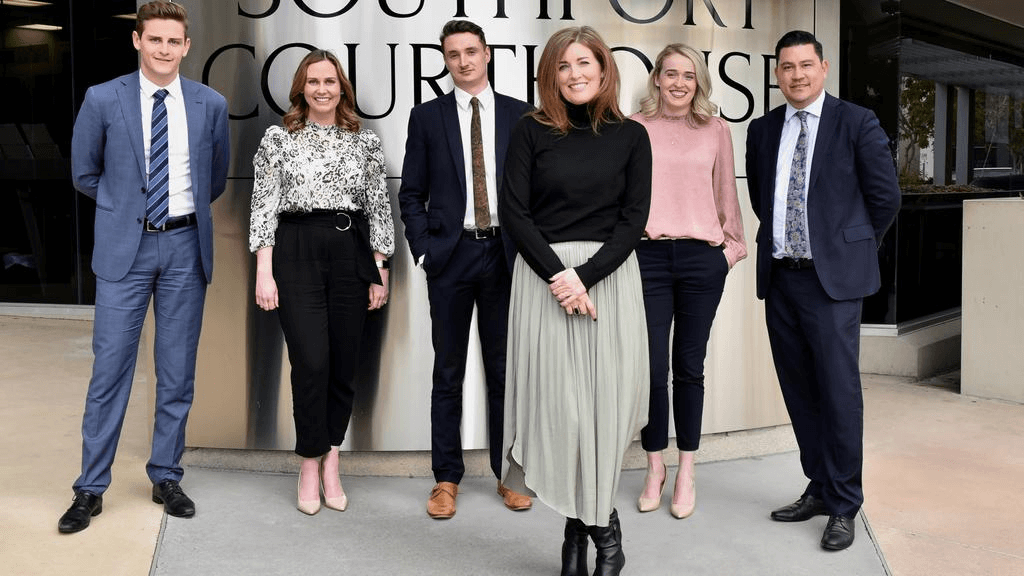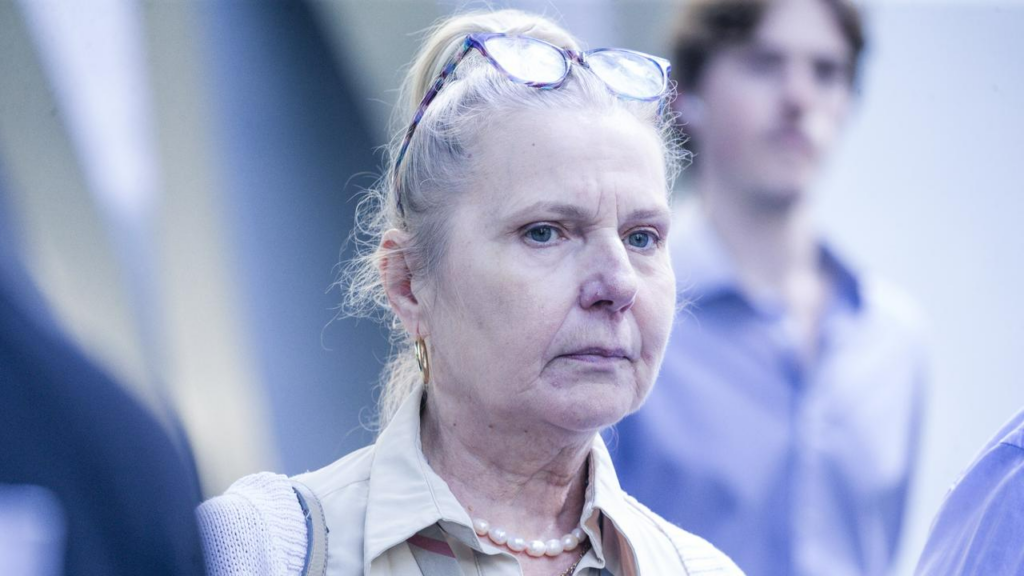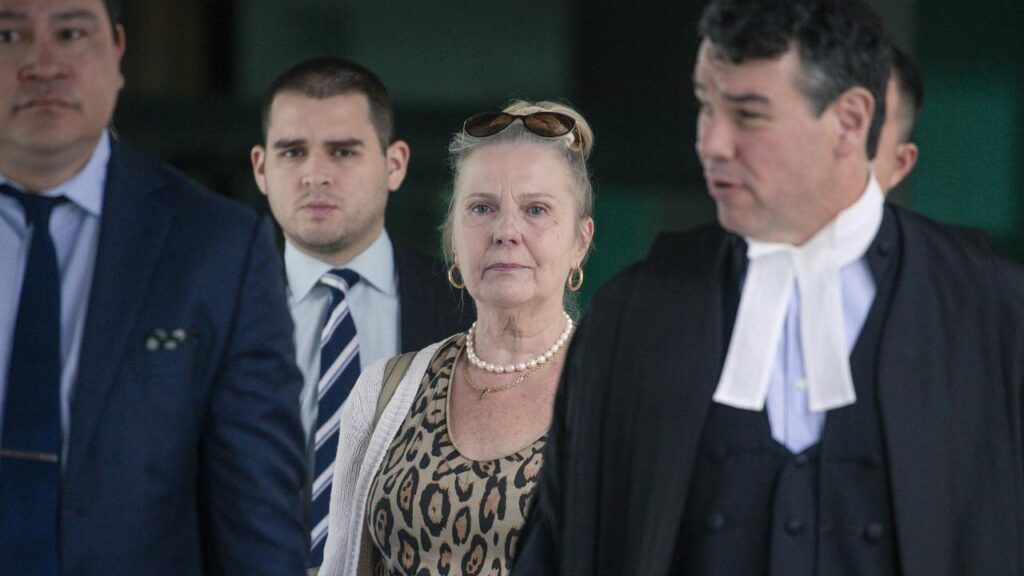Lawyers push for changes to QPS body-worn camera policy
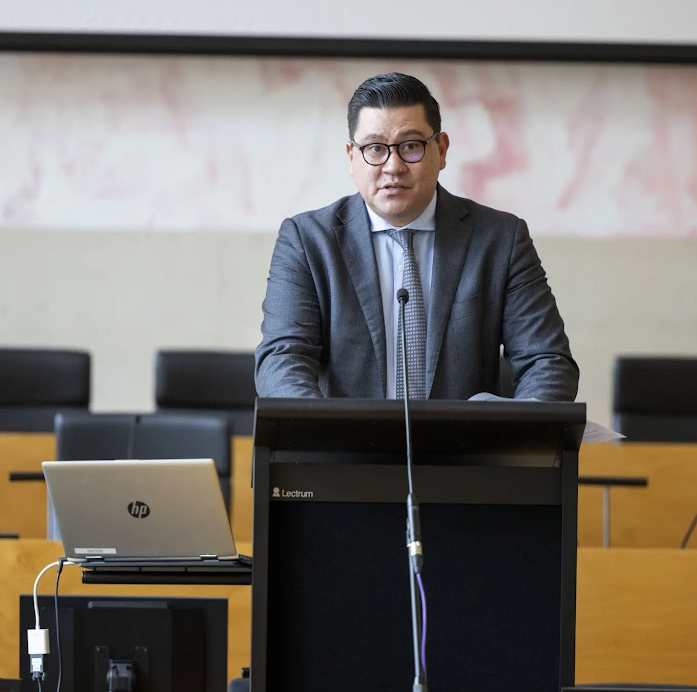
THE Gold Coast lawyers behind a new push to change how police use body worn-cameras in Queensland and around the country say the result could stop innocent people being jailed for crimes the did not commit.
TWO leading Queensland legal minds have called for sweeping changes to police body worn-camera policy, saying mandatory use of the technology would prevent innocent people going to jail.
New director of Griffith University’s Innocence Project, Dr Robyn Blewer and Southport-based criminal lawyer Ron Behlau have authored an academic paper that argues there should be a nationwide mandate for police to wear and operate the recording devices when dealing with vulnerable witnesses, as well as accused people.
The Innocence Project, which was founded in 2001, works with Griffith students, pro bono lawyers and academics to investigate cases where a person claims they have been wrongly convicted.
“One of the causes of wrongful convictions in Australia is the tainting of witness evidence by police, in particular, the evidence of vulnerable witnesses,” said Mr Behlau said.
He cited the recent $30 million payout and apology to Palm Island residents by the QPS, where the court found officers had engaged in racial discrimination in relation to the investigation into the death of Mulrunji Doomadgee and had mishandled their response to the riots by Palm Islanders that followed the death in custody.
Shane Bowden Gold Coast: Person of interest in the Finks bikie murder charged with gun supply
Mr Behlau said the class action demonstrated that written statements for vulnerable witnesses — including Indigenous Australians — do not always reflect their true recollection of events or cultural nuances in communication.
The push for change comes after the Queensland Coroners Court earlier this year heard during an inquest into the fatal police shooting of Gold Coast Comanchero bikie associate Liam Scorsese that one of the officers involved failed to activate his body-worn camera during the incident.
Dr Blewer added another barrier to investigating wrongful convictions was exhibits from original investigations no longer being in existence.
She said the Innocence Project was pushing for legislative reform to ensure evidence is preserved after court proceedings are finalised.
“Our projects look at law reform in that area because often evidence is destroyed or lost or returned or whatever it might be and we can’t do anything (to retest it),” the Griffith University Law School lecturer said.
“In the US, for example, they are much more open to the idea and they have preservation of evidence legislation, which makes it more streamlined and there are tighter rules for this reason — to establish innocence or error in the process.”
The Innocence Project has previously applied to the Queensland Attorney-General to retest DNA evidence or re-examine expert testimony to see whether it could support a person’s claim of innocence.
“I don’t think any of us would dispute that our system is a good one and by and large for the vast majority of cases it gets it right, but our view is that any mature, rational, reasonable system should be capable of acknowledging when it stuffs up and correcting of those sort of errors,” Dr Blewer said.
The article about body-worn cameras will be published in the University of New South Wales Law Journal next year.
In the Media
Behlau Murakami Grant hosts DJ Fisher at Opetaia World Title Fight
Gold Coast-based international DJ Paul “The Fish” Fisher was almost a bigger hit with fight fans...
Church, police under fire from Behlau Murakami Grant after childcare manager cleared of computer hacking.
Childcare manager Yolanda Borucki has been found not guilty of computer hacking after she went to the...
Whistleblower Found not Guilty Thanks to Behlau Murakami Grant
The whistleblower accused of sharing confidential details surrounding Australia’s worst pedophile has had her name...

